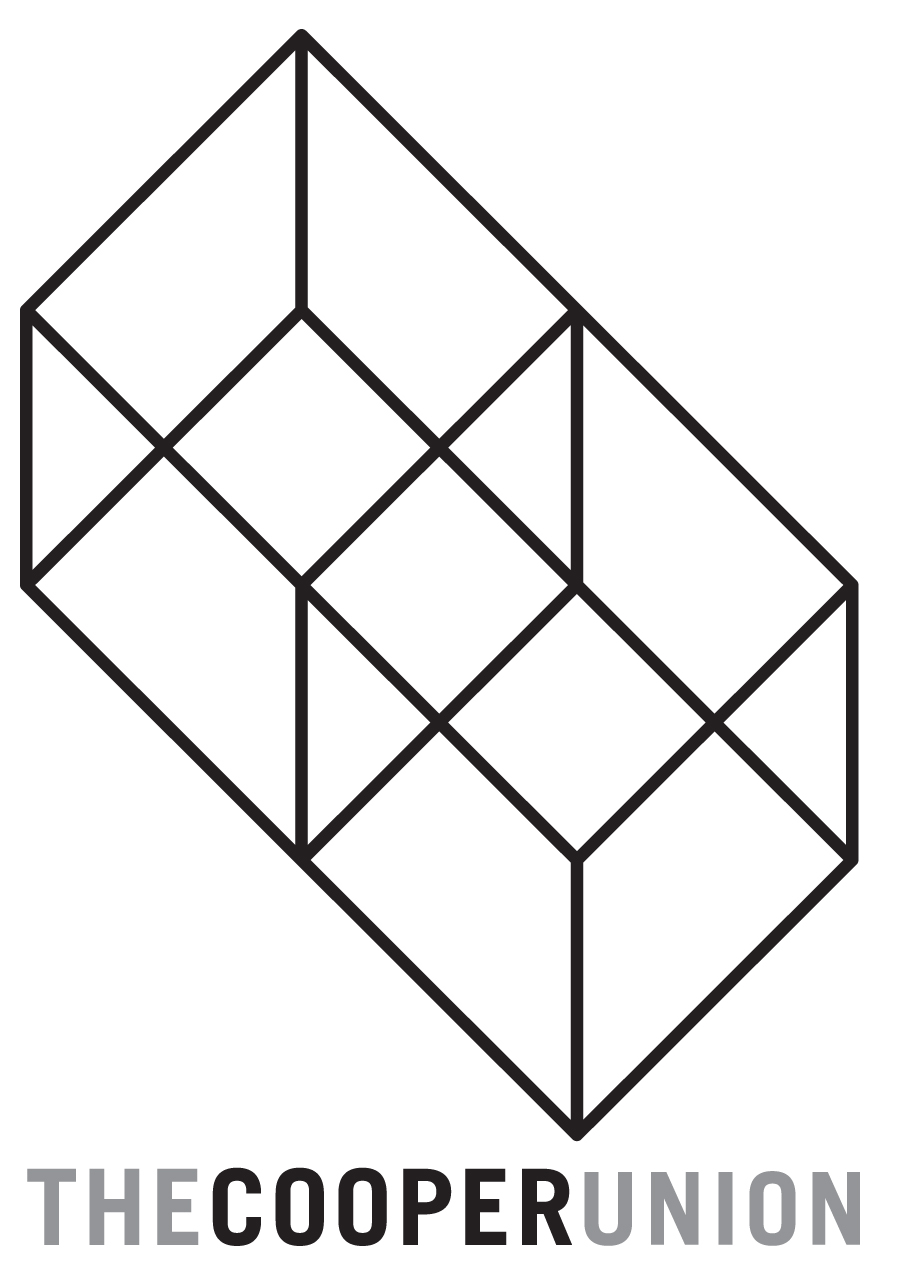[Interdisciplinary] [Civil Engineering] [Chemical Engineering] [Electrical Engineering] [Mechanical Engineering]
2024 CAPSTONE PROJECTS
[Interdisciplinary] [Civil Engineering] [Chemical Engineering] [Electrical Engineering] [Mechanical Engineering]
2023 CAPSTONE PROJECTS
[Interdisciplinary] [Civil Engineering] [Chemical Engineering] [Electrical Engineering] [Mechanical Engineering]
MECHANICAL ENGINEERING CAPSTONE PROJECT ARCHIVES
[2022] [2021] [2020]
ELECTRICAL ENGINEERING
Automated Plant Caretaking System
Darren Chau (EE)
Darren Chau (EE)
Khrystyna Stepura (EE)
Shion Mizuguchi (EE)
Advised by Professor Carl Sable
Advised by Professor Carl Sable
This project implements an indoor gardening system that automatically takes care of plants. The system handles vital functions such as watering, fertilizing, lighting, and temperature control through the use of microcontrollers. This project is aimed towards those who are inexperienced in gardening or are unable to consistently take care of their plants, but it can be used by anyone who wishes to grow plants indoors.
Digital PLL Design in TSMC 180nm Process
Digital PLL Design in TSMC 180nm Process
Giuseppe Quaratino (EE)
Halil Turan (EE)
Shahreer Al Hossain (EE)
Advised by Professors Stuart Kirtman and JB(Ja-beom) Koo
Advised by Professors Stuart Kirtman and JB(Ja-beom) Koo
Phase-locked loop (PLL)-based frequency synthesizers are widely used in electronic systems to generate specific clock frequencies. Conventionally, these synthesizers use analog PLLs. There is a recent trend in frequency synthesizer design shifting towards digital PLLs, providing greater scalability and reduced area consumption. Our project aims to design and simulate a digital PLL using 180nm CMOS technology in Cadence Virtuoso. Additionally, we plan to verify our system by synthesizing the digital PLL on an FPGA and conducting lab measurements.
Generative Art Recommendation System
Generative Art Recommendation System
Fakharyar Khan (EE)
Colin Hwang (EE)
John Pluchino (EE)
Advised by Professor Carl Sable
Advised by Professor Carl Sable
Current recommendation systems can only recommend content that exists. As a result these recommendations tend to be close to but not exactly what user would want. In addition, generative art models have made major strides in 2022 with further development in diffusion models. By using a generative art model to generate the content, we aim to bridge this gap and produce content closer to what a user may want by developing a Generative Art Recommendation System (GARS).
Gesture Recognition
Gesture Recognition
Aliza Meller (EE)
Haley Dave (EE)
Serene Joe (EE)
Advised by Professor Carl Sable
Advised by Professor Carl Sable
Gesture recognition, a subfield of computer science and language technology, focuses on interpreting human gestures by employing mathematical algorithms and computer vision techniques. Our project aims to create a real-time gesture recognition system to interact with complex images or 3D models. Users will be able to effortlessly adjust and navigate these visuals using a set of simple hand movements. For example, they can pinch their fingers to zoom in or rotate their hands to change the orientation of the image.
Inverted Pendulum BalanceBot
Inverted Pendulum BalanceBot
Nicholas Singh (EE)
Ahmad Malik (EE)
Advised by Professor Carl Sable
Advised by Professor Carl Sable
The inverted pendulum is an intriguing physics problem in which an unstable mass is attached to a moving cart beneath it, which serves to balance the system.inspired by this concept, our project aims to build a self-balancing robot. Not only must our robot balance itself on two wheels, It will also activley level an attached tray, smoothly transporting delicate items like tea cups with precision and care. Controlable via remote, our robot promises a captivating experience to users and onlookers.
